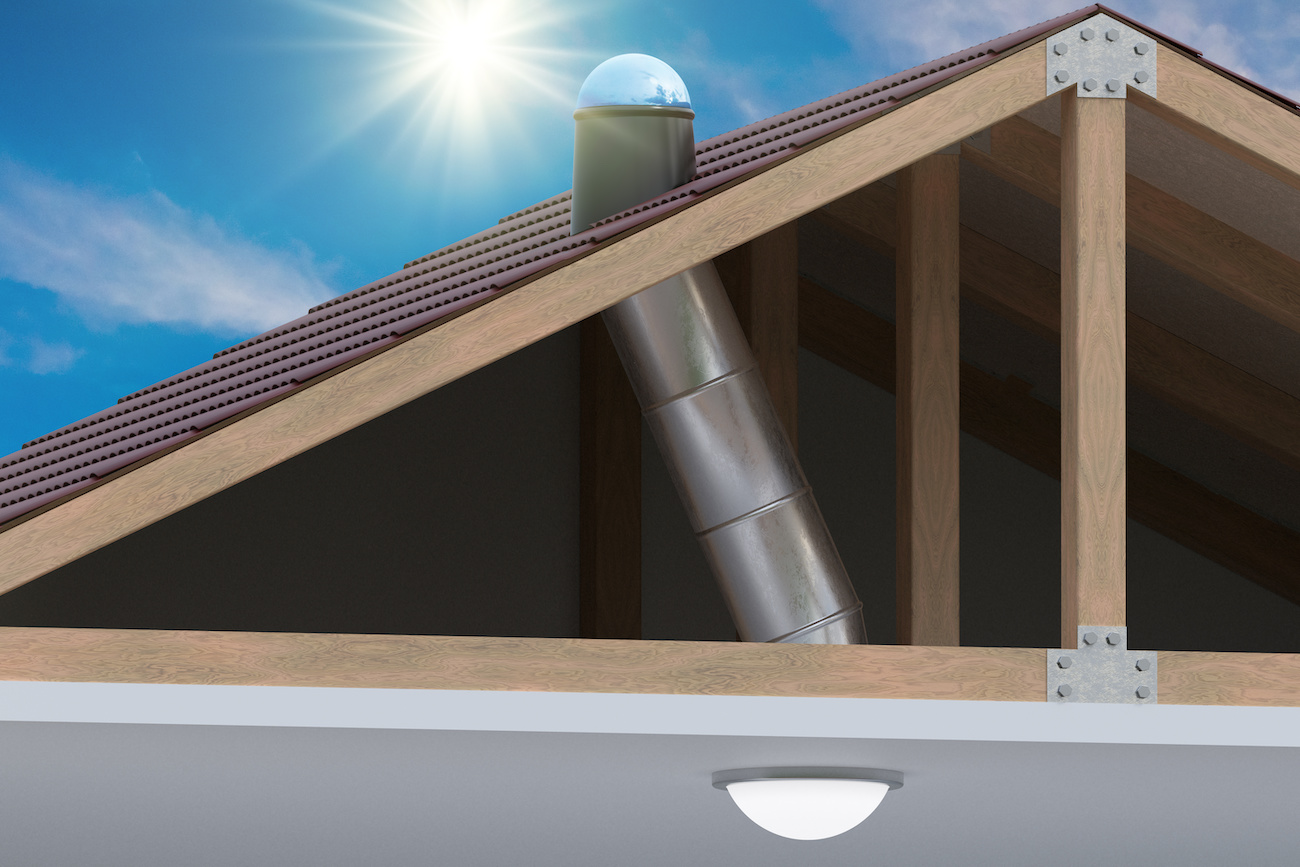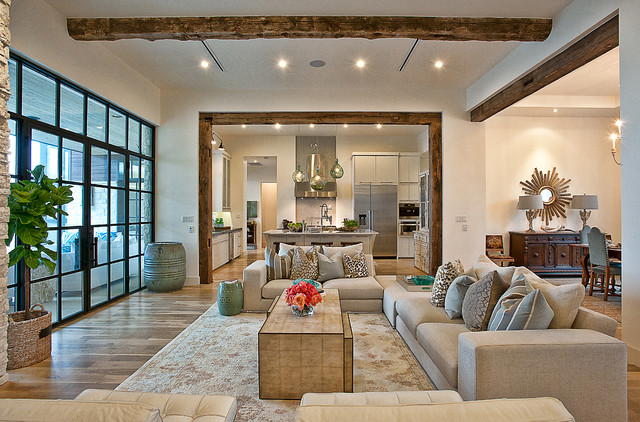As energy costs rise and environmental concerns become more pressing, homeowners are increasingly seeking ways to enhance their homes’ energy efficiency. Remodeling presents a prime opportunity to implement upgrades that not only reduce utility bills but also contribute to a greener planet. For your next remodeling job, consider ways to incorporate heating solutions that make your home more comfortable while reducing your environmental footprint.
Here are 10 remodeling tips to create a warmer, more energy–efficient home.
1. Upgrade to Energy-Efficient Windows and Doors
Windows and doors are significant sources of heat loss. Replacing old, drafty windows with energyefficient models can substantially reduce heat loss. Similarly, investing in well-insulated doors minimizes air leakage, maintaining indoor temperatures and reducing heating demands.
2 Enhance Insulation
Proper insulation is crucial for maintaining a comfortable indoor climate. Focus on insulating attics, walls, and floors to prevent heat from escaping during colder months. High-quality insulation materials can significantly reduce energy consumption by keeping your home warmer in winter and cooler in summer.
3. Install a Heat Pump
Heat pumps are an efficient alternative to traditional heating systems. They transfer heat from external sources into your home, providing warmth during winter and cooling during summer. Modern heat pumps can be more than three times as efficient as conventional gas boilers, leading to substantial energy savings.
4. Seal Ductwork and Eliminate Drafts
Leaky ducts and drafts can cause significant heat loss, making your heating system work harder. Sealing ductwork and using weatherstripping around windows and doors can prevent warm air from escaping, enhancing overall energy efficiency.
5. Upgrade to Energy-Efficient Appliances
Older appliances can be energy hogs. When remodeling, consider replacing outdated appliances with ENERGY STAR® certified models. These appliances meet strict energy efficiency guidelines and can lead to noticeable savings on your energy bills.
6. Incorporate Passive Solar Design
Utilizing passive solar design principles can naturally heat your home. This involves strategically placing windows to maximize sunlight during winter months and using materials that absorb and slowly release solar heat. Such designs reduce reliance on artificial heating sources.
7. Regular Maintenance of Heating Systems
Regular maintenance of your heating system ensures it operates efficiently. Tasks such as changing filters, sealing ducts, and installing programmable thermostats can optimize heating schedules and reduce energy consumption.
8. Consider a Green Roof
Installing a green roof can provide additional insulation, reducing heat loss during winter. Green roofs also offer benefits like stormwater management and extended roof lifespan, contributing to overall energy efficiency.
9. Use Energy-Efficient Lighting
Switching to LED lighting can significantly reduce energy consumption. LED bulbs use less energy and have a longer lifespan compared to traditional incandescent bulbs, making them a cost-effective choice for homeowners.
10. Install Skylights or Solar Tubes
Adding skylights or solar tubes can increase natural lighting in dim areas of your home, reducing the need for artificial lighting during daylight hours. When properly installed, energy-efficient skylights can help bring light into your home without adding to your energy bills.
Embarking on these energy-efficient remodeling projects not only enhances the comfort and value of your home but also contributes to environmental sustainability. One thing to keep in mind is that these types of remodeling can generate significant debris. For efficient and eco-friendly waste management, consider renting a dumpster from a trusted organization like Waste Removal USA. Proper disposal of construction waste by professionals ensures your remodeling project is both efficient and environmentally safe.
By implementing these 10 strategies, you can create a warmer, greener, and more energy-efficient home that benefits both your wallet and the planet. Keep these tips in mind for your home remodeling job to make your living space more comfortable while keeping our environment healthy.










